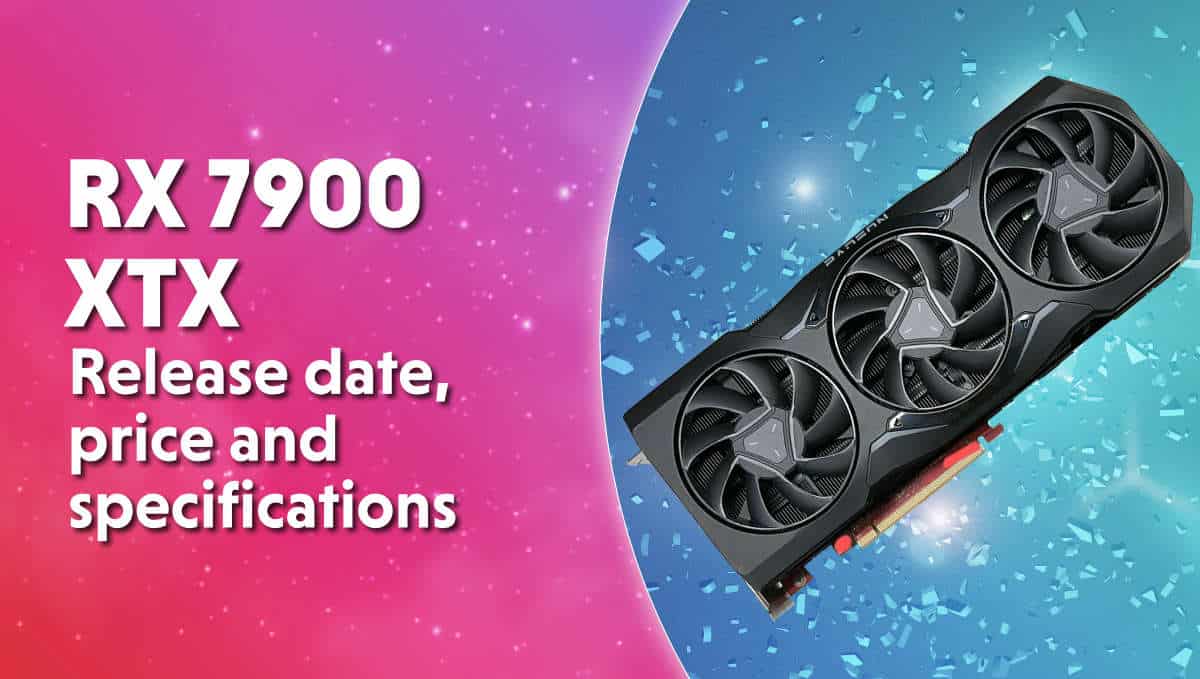When building or upgrading a PC, ensuring that your components are compatible with each other is essential to achieving optimal performance and avoiding unnecessary problems. If you’re considering pairing the powerful Radeon rx 7900 xt and xeon x5680 compatibility processor, it’s important to understand the compatibility factors at play. This guide explores the key aspects of compatibility between these two components, including performance considerations, bottlenecks, motherboard requirements, and more.
What Is the Radeon RX 7900 XT?
The Radeon rx 7900 xt and xeon x5680 compatibility is part of AMD’s latest generation of graphics cards based on the RDNA 3 architecture, designed for high-end gaming and computational workloads. Released in late 2022, the RX 7900 XT is a powerhouse built for 4K gaming, content creation, and demanding applications.

Key features of the Radeon rx 7900 xt and xeon x5680 compatibility :
- RDNA 3 Architecture: This provides impressive improvements in power efficiency and overall performance compared to its predecessors.
- 16GB GDDR6 Memory: High-bandwidth memory for faster data processing, which is critical for modern games and applications.
- Advanced Ray Tracing: It brings cutting-edge visual effects and lighting to compatible games and software.
- PCIe 4.0 Support: Ensures high-speed data transfer between the GPU and the CPU for maximum performance in tasks like gaming and video editing.
This graphics card is ideal for users looking to push their system to handle graphically intense games or heavy rendering tasks, making it one of the top options for enthusiasts.
What Is the Xeon X5680?
The Xeon X5680 is an older server-grade processor from Intel’s Westmere-EP family. Released in 2010, the X5680 was designed for high-performance workstations and servers, offering six cores and 12 threads, along with a base clock speed of 3.33 GHz. It supports hyper-threading, allowing each core to handle two threads simultaneously, which can be beneficial for multi-threaded applications.
Key specifications of the Xeon X5680:
- 6 Cores / 12 Threads: Helps handle multi-threaded workloads and can run several processes at once.
- 3.33 GHz Base Clock: A strong base clock for general processing tasks, with turbo boosts up to 3.6 GHz.
- Socket 1366: It’s important to note that the X5680 is compatible with motherboards that support this older socket, primarily server and workstation boards.
- No Integrated Graphics: The Xeon X5680 relies entirely on a dedicated GPU for graphical output.
While the X5680 was an excellent performer in its day, it is relatively outdated by modern standards, especially when compared to newer CPUs like Intel’s Core i7/i9 series or AMD’s Ryzen processors. Nevertheless, its multi-core performance is still useful in certain scenarios, such as multi-threaded workloads or virtualization.
Between Radeon rx 7900 xt and xeon x5680 compatibility
When considering whether the Radeon rx 7900 xt and xeon x5680 compatibility with the Xeon X5680, several factors need to be addressed. These include the CPU’s ability to handle the demands of the GPU, motherboard compatibility, potential bottlenecks, and more.

1. Motherboard and Socket Compatibility
The first compatibility concern is the motherboard. The Xeon X5680 uses the Socket 1366, which was popular for high-end Intel CPUs at the time of its release. Most modern motherboards, however, support more recent Intel or AMD chipsets, and they typically use either LGA 1151 (Intel) or AM4 (AMD) sockets. Therefore, the Xeon X5680 is limited to older motherboards that use the Socket 1366 interface.
On the other hand, the Radeon rx 7900 xt and xeon x5680 compatibility is compatible with any motherboard that has a PCIe x16 slot supporting PCIe 4.0. Since most modern motherboards include this slot, the Radeon rx 7900 xt and xeon x5680 compatibility can physically fit and connect to any motherboard that supports the right graphics card interface.
However, finding a modern motherboard that supports the Socket 1366 and has a PCIe 4.0 slot for the RX 7900 XT could be challenging. You’d likely need an older server-grade or workstation motherboard, which might only have PCIe 2.0 or 3.0 support. This would limit the data transfer speed between the CPU and GPU, potentially affecting performance. In short, while they can physically connect, the older motherboard may not provide the best experience.
2. PCIe Compatibility
As mentioned, the Radeon rx 7900 xt and xeon x5680 compatibility supports PCIe 4.0, which offers significantly higher data transfer speeds than previous versions. The Xeon X5680, however, is limited to PCIe 2.0 or 3.0 depending on the motherboard you’re using.
- PCIe 3.0: If your motherboard supports PCIe 3.0, the RX 7900 XT will still work, but it won’t achieve its maximum bandwidth potential. PCIe 3.0 offers up to 16 GT/s data transfer rate, which is about half the bandwidth of PCIe 4.0. While this may cause slight limitations in bandwidth-intensive tasks, such as 4K gaming or large-scale rendering, it will still deliver a solid performance in most scenarios.
- PCIe 2.0: If your motherboard only supports PCIe 2.0, you may experience a noticeable bottleneck, especially when gaming at higher resolutions or running intensive workloads. PCIe 2.0 provides only 8 GT/s, which may limit the GPU’s overall performance.
While the Radeon rx 7900 xt and xeon x5680 compatibility will still work with these older PCIe versions, the performance might not be as optimal as when paired with a more modern CPU and motherboard combo.
3. CPU-GPU Bottleneck
One of the most important aspects of compatibility to consider is whether the Xeon X5680 can keep up with the raw power of the Radeon rx 7900 xt and xeon x5680 compatibility are designed to work alongside high-performance CPUs, typically those from the latest Intel Core or AMD Ryzen series. Pairing such a powerful GPU with an older processor like the Xeon X5680 could lead to a CPU bottleneck.

A bottleneck occurs when the CPU is unable to process data fast enough to keep up with the GPU. In this case, the Xeon X5680, with its six cores and relatively lower clock speeds, might not fully unlock the potential of the Radeon rx 7900 xt and xeon x5680 compatibility , especially in CPU-heavy tasks like gaming, where modern processors outperform older ones.
For gaming at high frame rates (144Hz and above) or in demanding applications like 3D rendering, the Xeon X5680 may hold back the GPU from reaching its full potential. If you’re primarily using the system for general computing or lighter workloads, the setup could still be functional, but expect lower performance than what the GPU is capable of.
4. Power Supply Requirements
Another consideration when pairing the Radeon rx 7900 xt and xeon x5680 compatibility is the power supply. The RX 7900 XT is a high-performance card and requires substantial power, often around 300 watts or more. Make sure that your power supply is capable of handling this and the other components in your system. Most modern GPUs of this caliber require a power supply unit (PSU) with a minimum rating of 750W or higher, depending on the other components in the system.
Conclusion
While it’s technically possible to pair the Radeon rx 7900 xt and xeon x5680 compatibility processor, there are several factors to consider for optimal performance. The Xeon X5680 is an older processor and may result in a bottleneck, limiting the full potential of the powerful RX 7900 XT GPU. Additionally, compatibility issues may arise from the use of an older motherboard with PCIe 2.0 or 3.0, which could reduce the data bandwidth between the GPU and CPU.
If you are set on using these components together, ensure that your motherboard has the proper PCIe slots and that your power supply can handle the demands of the Radeon rx 7900 xt and xeon x5680 compatibility .However, for the best performance, it may be worth considering a more modern CPU to pair with the Radeon rx 7900 xt and xeon x5680 compatibility , particularly if you’re looking to game at high resolutions or perform demanding tasks like 3D rendering.
In summary, while the Radeon rx 7900 xt and xeon x5680 compatibility are technically compatible, there are more efficient and powerful CPU options available that can maximize the performance of this incredible GPU.






